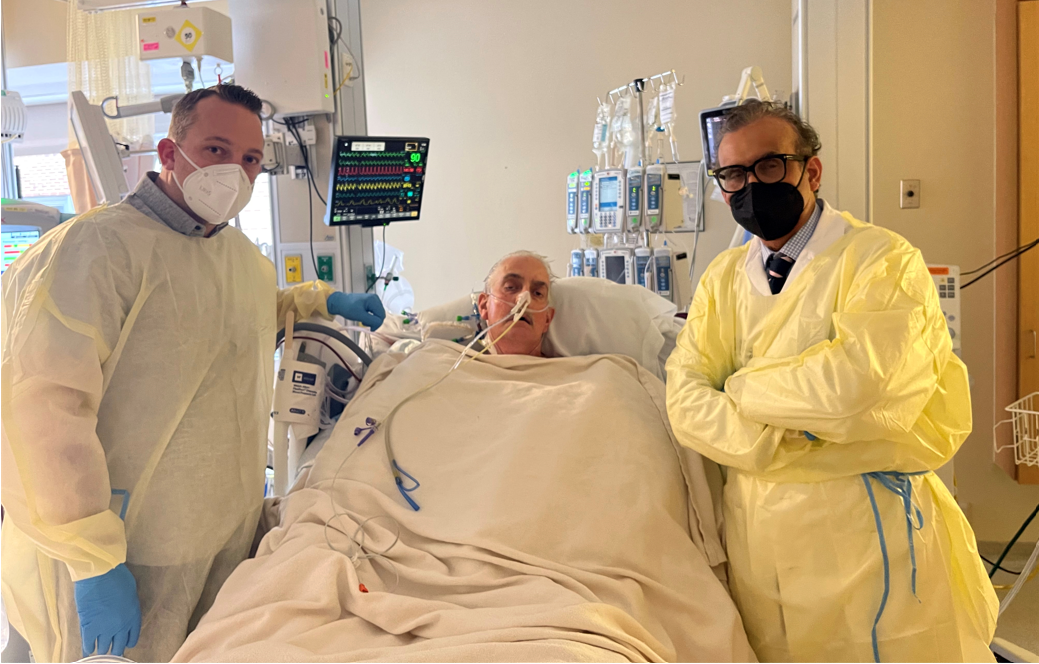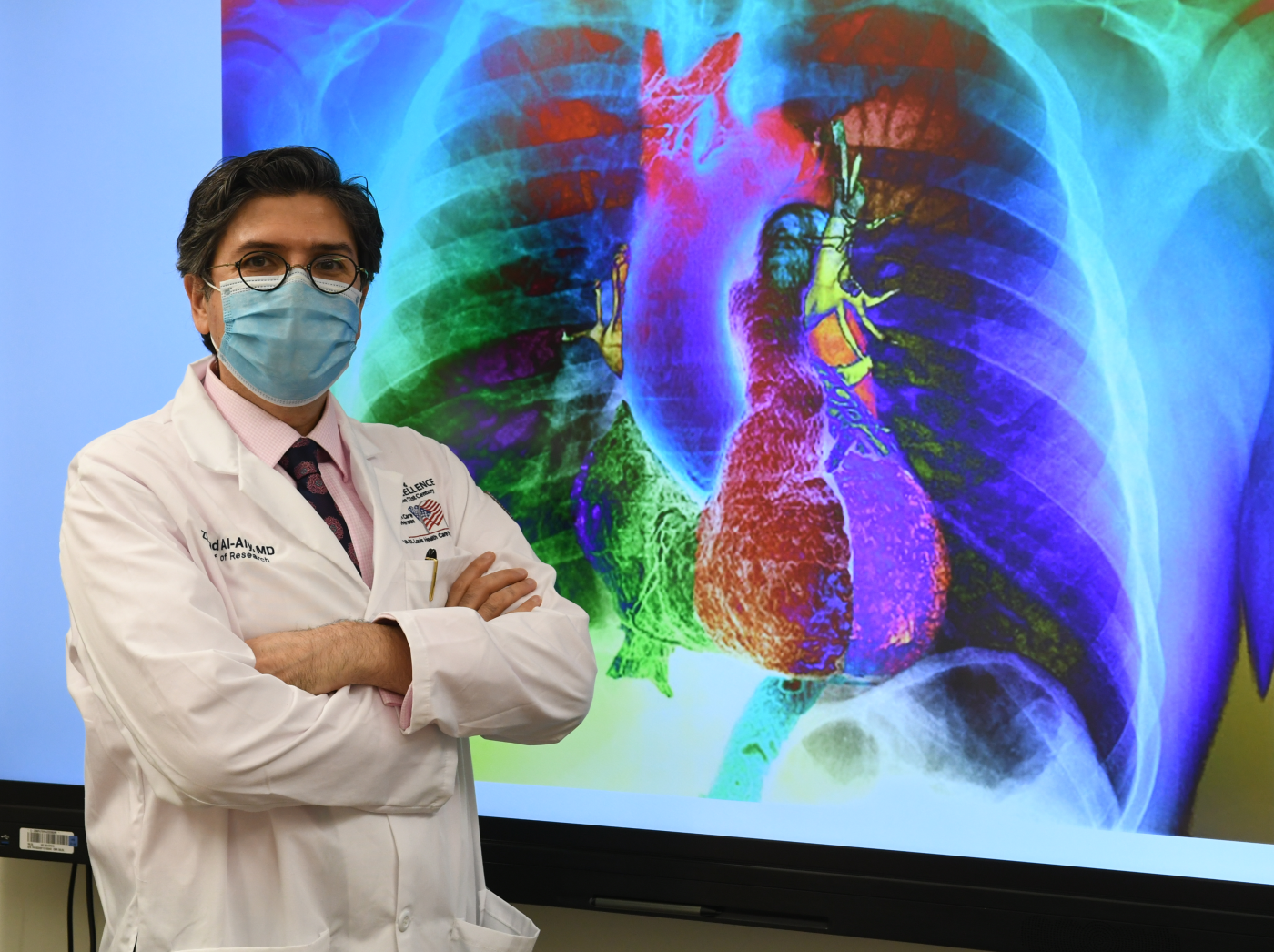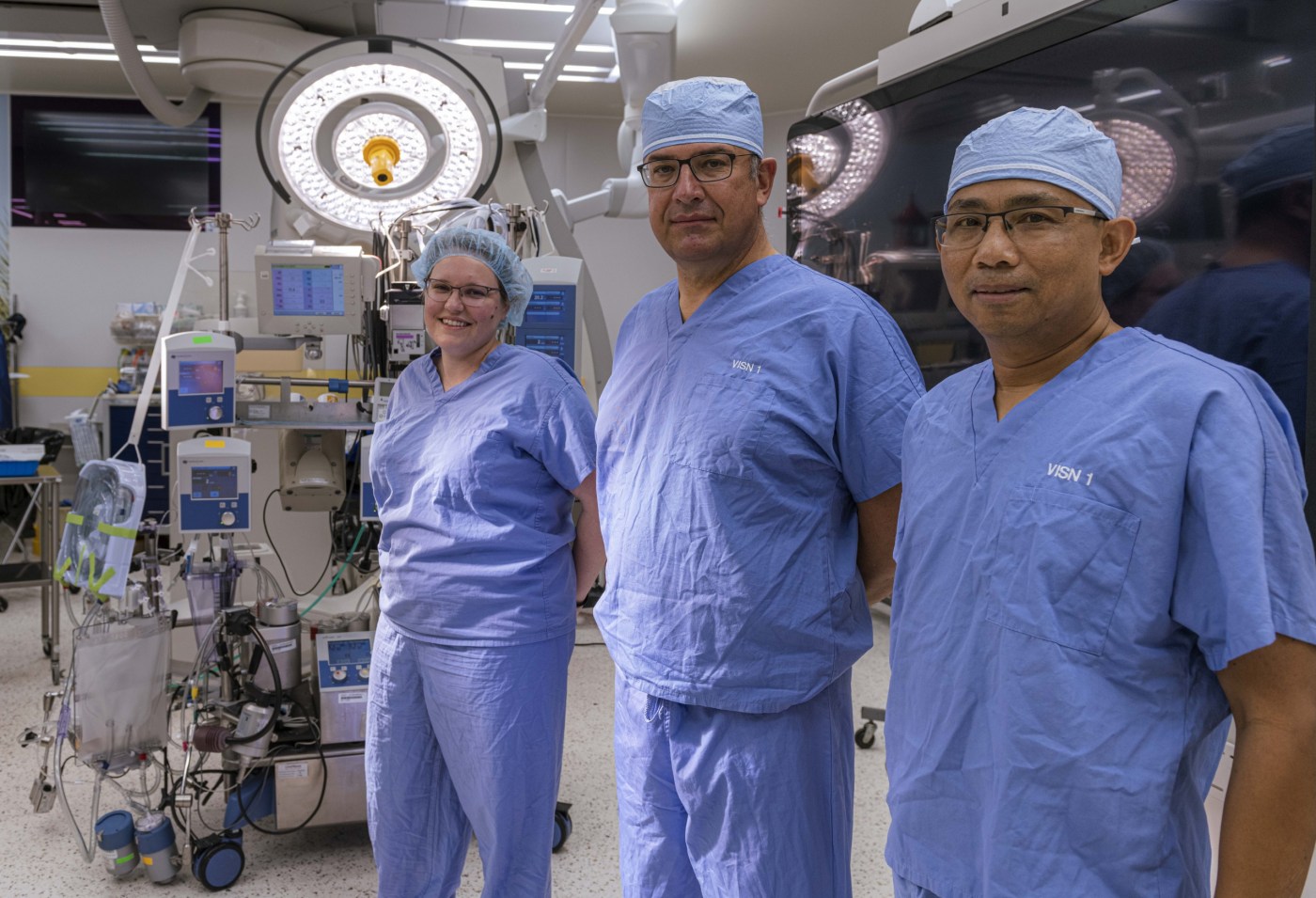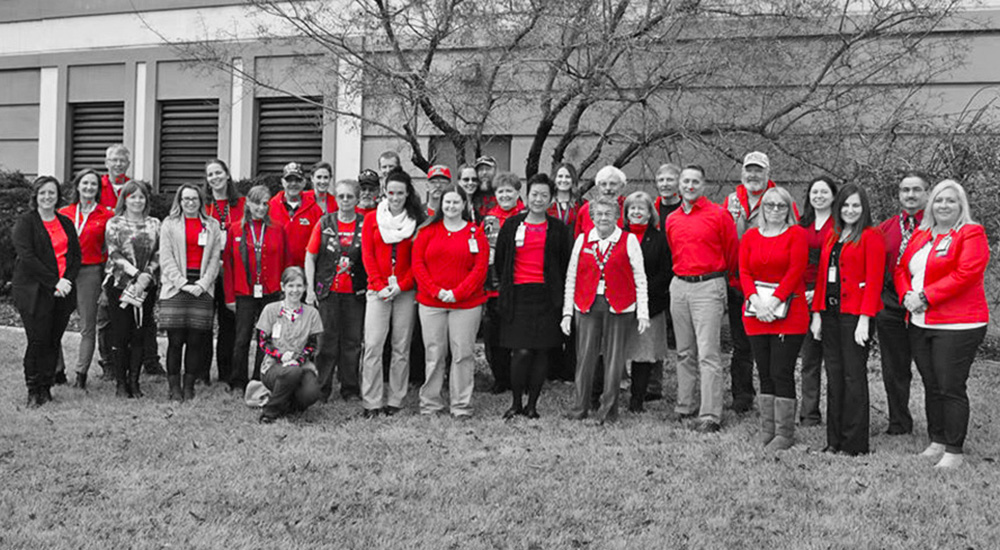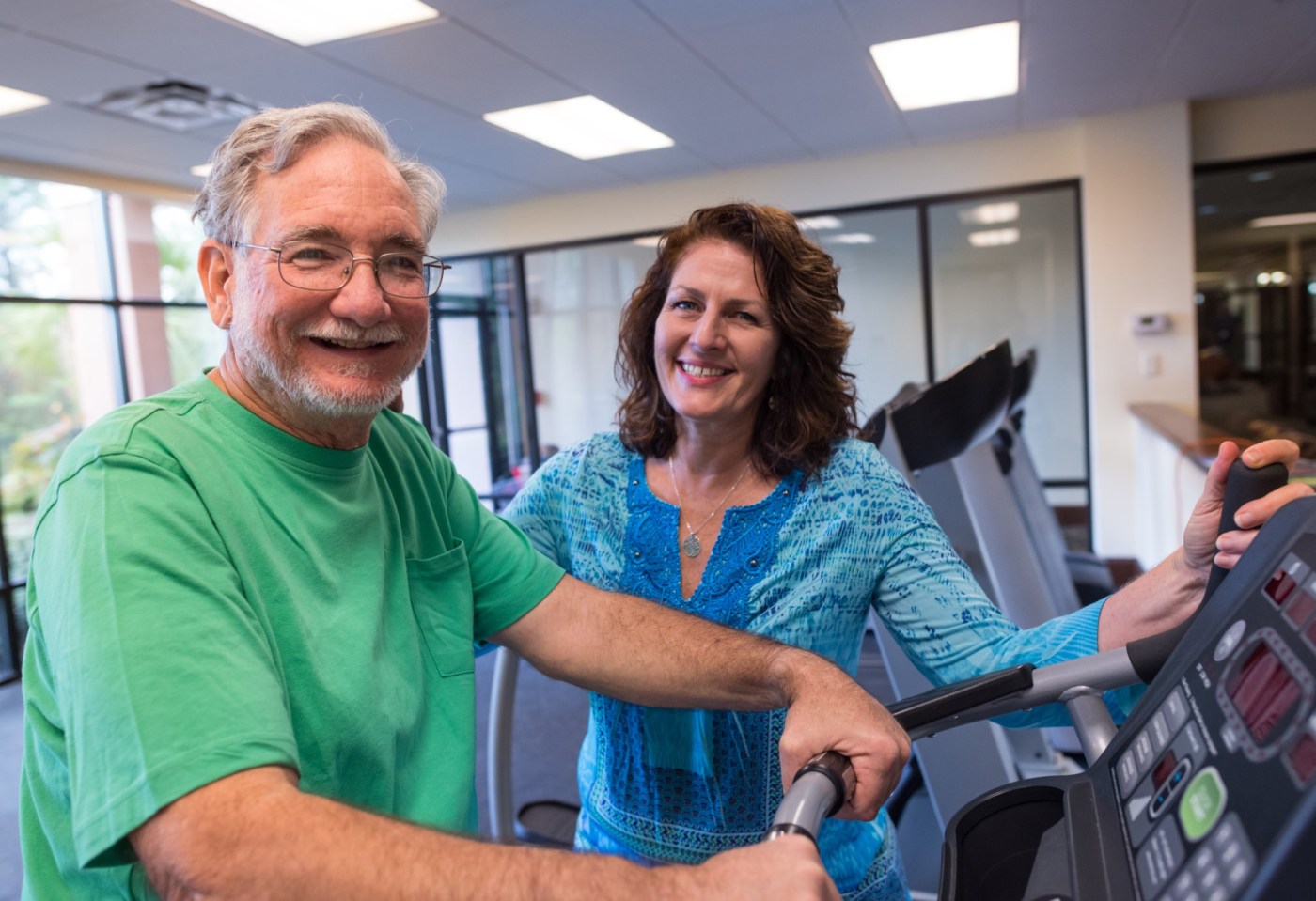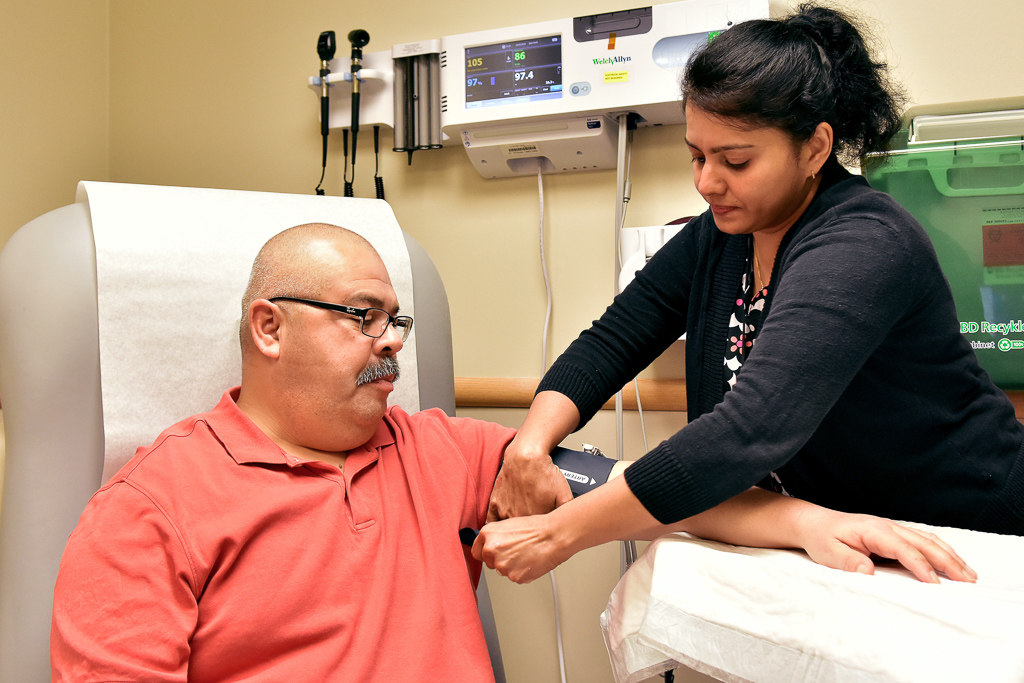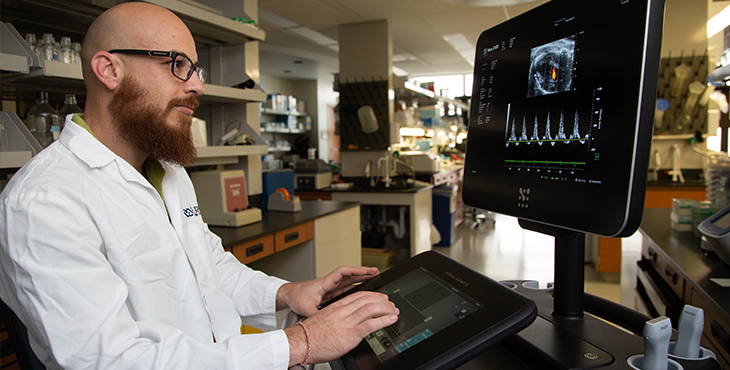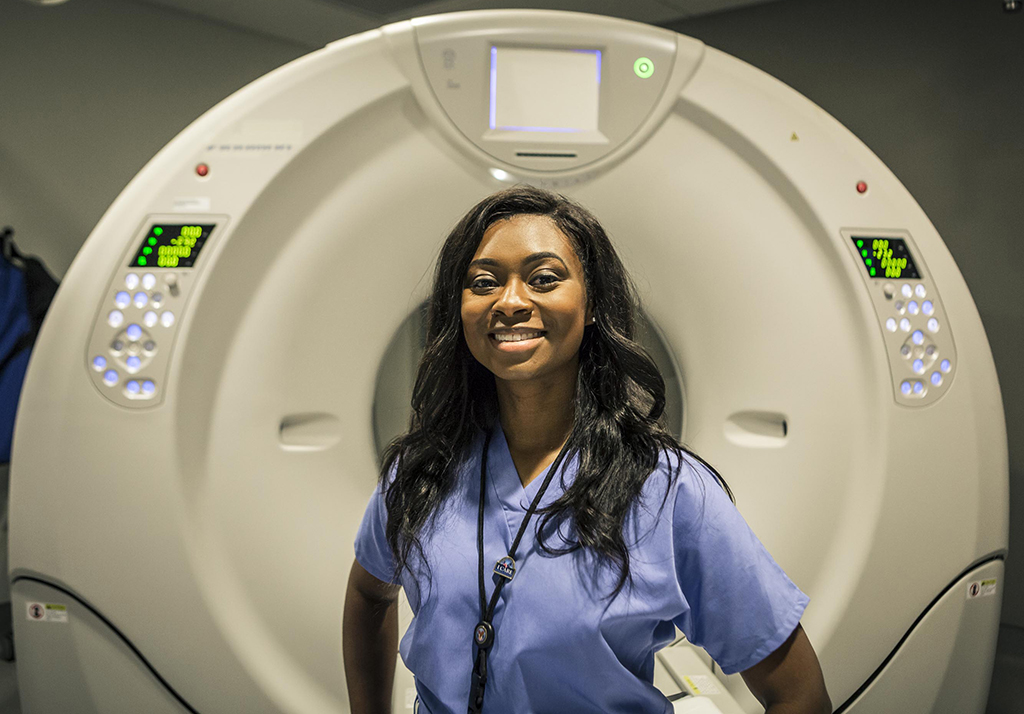Recently published findings from the VA Disrupted Care National Project […]
Height is not typically considered a risk factor for diseases. But past research has shown correlations between how tall someone is and their likelihood of experiencing a number of health conditions. What isn’t well understood is whether this correlation has a biological basis or is due to other factors.
VA-funded research starting in the 1990s helped uncover knowledge that proved to be key—along with findings by many other groups—to establishing the technique of transplanting a pig’s heart into a person. The researcher leading this work at VA was Dr. Richard Pierson, a specialist in thoracic and cardiac surgery who is now with Massachusetts General Hospital and Harvard University.
Al-Aly heads up both the Clinical Epidemiology Center and the Research and Development Service at the VA St. Louis Health Care System. He is also a nephrologist—a doctor who specializes in kidney disease—and a clinical epidemiologist with expertise in big data. His group analyzes huge data sets too complex for conventional computer software.
Doctors often stop a patient’s heart during a major cardiac surgery. In this situation, a perfusionist operates a heart-lung bypass machine. The machine supplies needed blood and oxygen to the patient, whose heart is on hiatus.
The study’s principal investigator, Dr. Dan Blalock, says one possible explanation for the finding is that healthier patients in the study sample liked to drink in moderate amounts.
VA is encouraging Veterans and their families to participate in Wear Red Day on February 5. This annual event unites people nationwide around the common goal of eradicating heart disease.
VA and non-VA cardiac rehabilitation programs offer similar benefits, found a VA Quality Enhancement Research Initiative (QUERI) study.
Cardiovascular disease, strokes, and heart attacks are the leading causes of death in America. More than a third, or 37-percent, of Veterans have been diagnosed with hypertension and more than 40-percent have high cholesterol.
Researchers with VA and the University of California San Diego have shown that gene therapy may be a solution for a heart problem brought on by diabetes.
To improve the cardiac health of our Veterans, collaboration is […]



